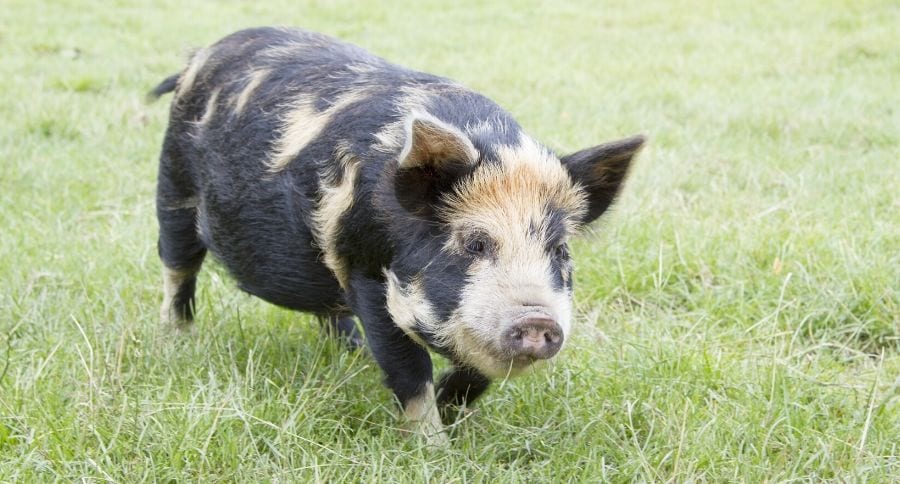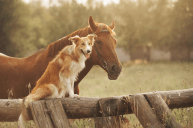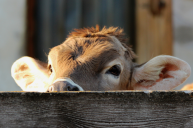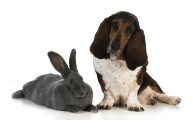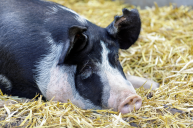What is a Kunekune? We're glad you asked. Kunekunes are odorless, quiet and safe for children. With this in mind, more and more people are getting them as pets. They are also a good investment for a small homestead, according to experts. Gourmet chefs also declare Kunekune pork outstanding.
Are you familiar with this pig breed? Check out this fun fact!
They have short, upturned snouts that discourage rooting, and they do not challenge fences. They're still medium-sized pigs! Females average 100-175 pounds, while males can reach the 250-plus range. If you're considering a pet pig, this is still a lot to manage.
History and origin
According to Eco-Farming Daily, these medium-sized pigs hail from New Zealand. They are thought to be a cross of Berkshire, Poland China and possibly Gloucester Old Spots among pigs from Indonesia.
Kunekune Pig Breed Characteristics
Pronounced "koo-nee koo-nee," and translated to "fat and round," these pigs are very similar to pet pot-bellied pigs, according to The Spruce Pets.
- Hair: Many Kunekunes have tassels, also called pire, that hang off their lower jaw like a wattle. Their coat comes in a variety of colors, and it can vary from silky to bristly or coarse.
- Size: A Kunekune can grow to be between 100 and 400 pounds (although different breeders offer differently sized pigs). This is a lot of pig to have as a pet!
- Feeding: An adult eats two to three pounds of pellets a day (equal parts of the pot-bellied pig food and grass pellets) if it doesn't have a lot of pasture grass.
Kunekune pig care and housing
Kunekune pigs are typically kept in outdoor environments and do well just eating grass.
"But if a high-quality pasture is not available, whether it be due to drought or just not enough grass to feed a hungry adult pig, pot-bellied pig pellets and grass pellets can be used to supplement the diet."
Eco Farming Daily explains that their Kunekune pigs during winter sleep in the barn with access to an exterior gravel paddock.
"Taking them off pasture during the rainy season prevents soil compaction. Pigs do not soil their bedding like ruminants in confinement. Kunekunes do not need extra heat unless piglets are born in cold temperatures."
There are many reasons to love the breed, but how hard is it to find one?
Breeders in a couple of states are out there, so check out Kunekune pig breeder listings to find a breeder near you. If you live in a place where breeders are prevalent, you may be able to rescue one.
Small farms and small homesteads are raising these pigs for their own consumption. Their short snouts don't tear everything up and they don't try and escape. This domestic pig is a great addition to homesteads.
What about Kunekune pigs as pets?
Remember to pronounce them as "cooney cooney" and talk to other Kunekune owners about raising this breed of pig. These grazing pigs are growing in popularity, and many enjoy the Kunekune pig breed more than pot-bellied pigs.
